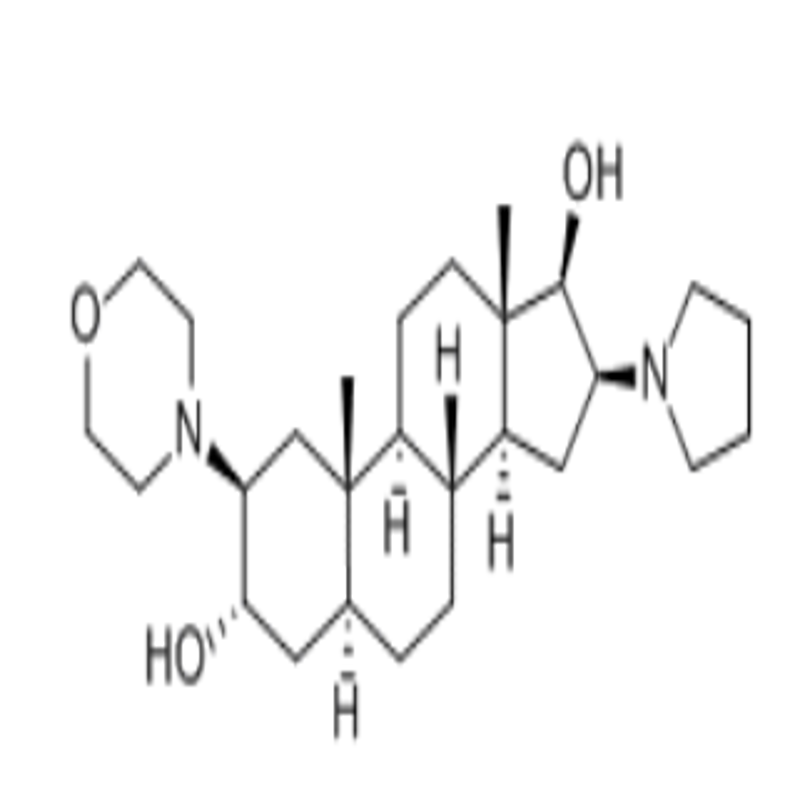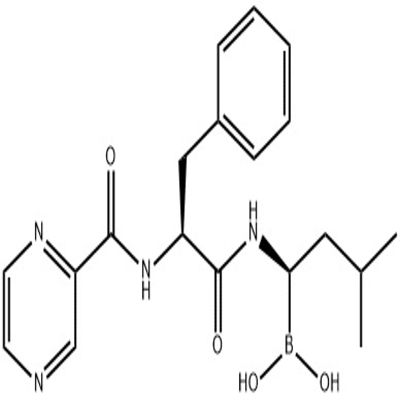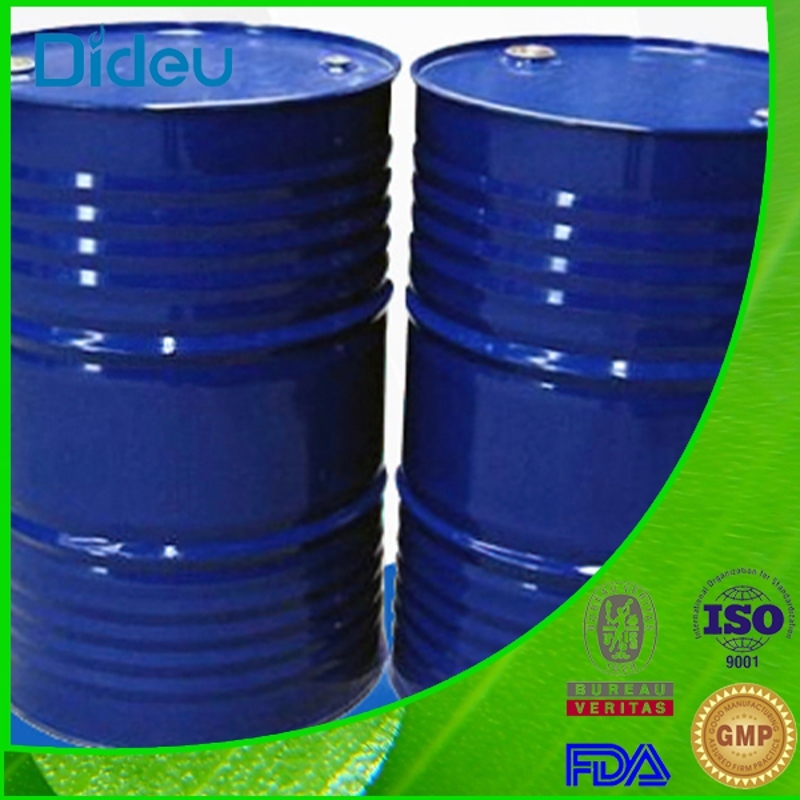-
Categories
-
Pharmaceutical Intermediates
-
Active Pharmaceutical Ingredients
-
Food Additives
- Industrial Coatings
- Agrochemicals
- Dyes and Pigments
- Surfactant
- Flavors and Fragrances
- Chemical Reagents
- Catalyst and Auxiliary
- Natural Products
- Inorganic Chemistry
-
Organic Chemistry
-
Biochemical Engineering
- Analytical Chemistry
-
Cosmetic Ingredient
- Water Treatment Chemical
-
Pharmaceutical Intermediates
Promotion
ECHEMI Mall
Wholesale
Weekly Price
Exhibition
News
-
Trade Service
Benzo[b]thiophene-3-carbonitrile, commonly referred to as BTN, is an organic compound that has found numerous applications in the chemical industry.
BTN is a colorless liquid with a characteristic odor, and it is soluble in most organic solvents.
It is synthesized from benzo[b]thiophene and carbonitrile, through a series of chemical reactions.
The high reactivity of BTN makes it a versatile building block for the synthesis of a wide range of chemicals and materials.
One of the most notable applications of BTN is in the production of dyes and pigments.
BTN is used as an intermediate in the synthesis of a variety of azo dyes, which are widely used in the textile industry for coloring fabrics.
The high reactivity of BTN allows it to be easily modified with various substituents, which can be used to generate a wide range of colors.
In addition, BTN can be used to synthesize metal complexes, which can be used as catalysts in the production of dyes and pigments.
Another application of BTN is in the production of plastics and synthetic materials.
BTN can be used as a building block for the synthesis of polymers, such as polyurethanes and polyester.
The high reactivity of BTN allows it to be easily modified with various functional groups, which can be used to create materials with specific properties.
For example, BTN can be modified with alkoxy groups to create plasticizers, which can be used to improve the flexibility and softness of polymers.
BTN is also used in the production of pharmaceuticals and agrochemicals.
It can be used as an intermediate in the synthesis of a variety of drugs, such as antibiotics and antidepressants.
The high reactivity of BTN allows it to be easily modified with various functional groups, which can be used to create drugs with specific properties.
In addition, BTN can be used in the synthesis of herbicides and pesticides, which are widely used in agriculture to control weeds and pests.
BTN is also used in the production of chemicals for the oil and gas industry.
It can be used as a corrosion inhibitor in oil and gas pipelines, as well as in drilling fluids and other applications.
The high reactivity of BTN allows it to be easily modified with various functional groups, which can be used to create compounds with specific properties.
Finally, BTN is used in the production of polymer membranes, which are used in a variety of applications, such as in water purification and gas separation.
BTN can be used as a building block for the synthesis of polymer membranes, which can be used to selectively separate different gases and liquids.
The high reactivity of BTN allows it to be easily modified with various functional groups, which can be used to create membranes with specific properties.
In conclusion, BTN is a versatile building block that has numerous applications in the chemical industry.
It is used in the production of dyes and pigments, plastics and synthetic materials, pharmaceuticals and agrochemicals, chemicals for the oil and gas industry, and polymer membranes.
The high reactivity of BTN allows it to be easily modified with various functional groups, which can be used to create a wide range of chemicals and materials with specific properties.







